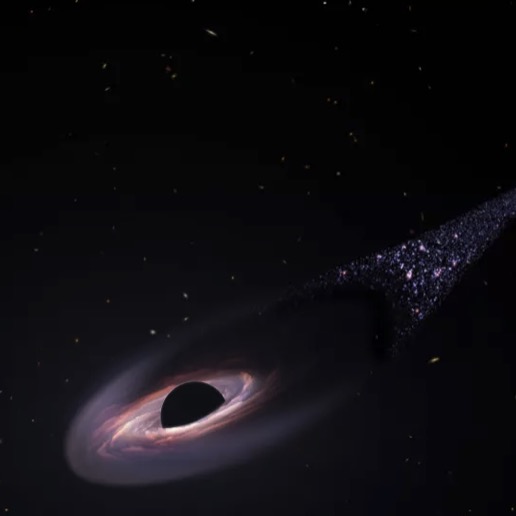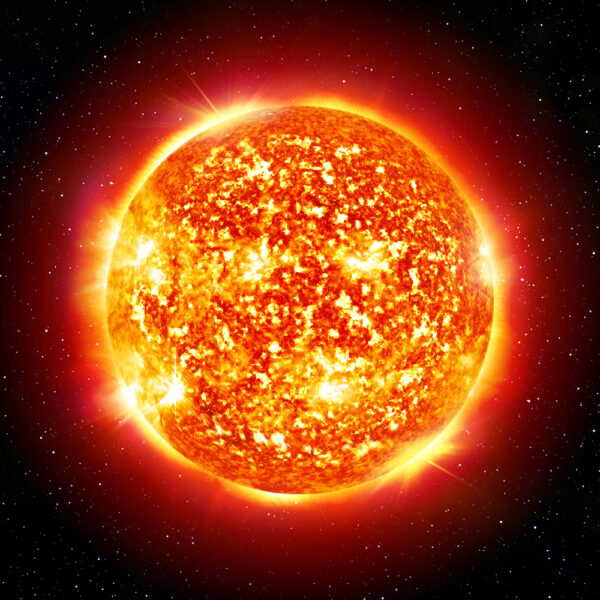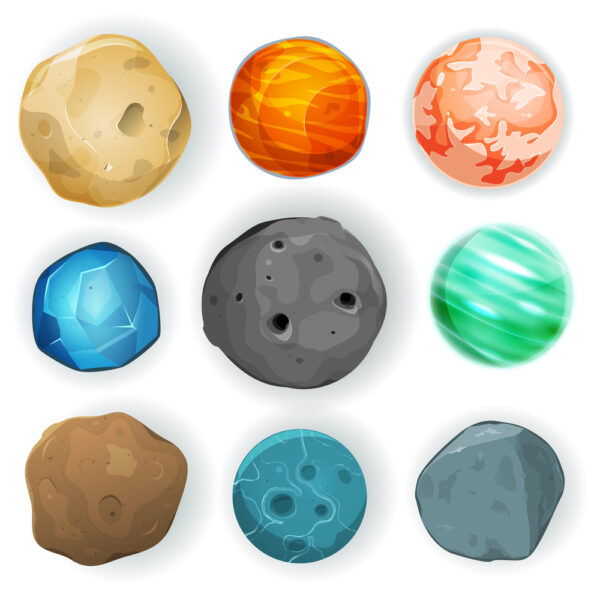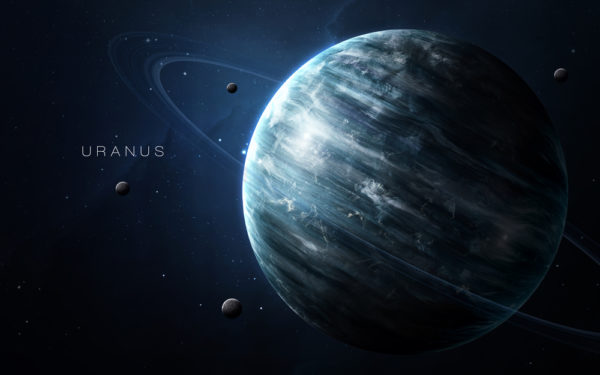Writer Fuel: Did an Interstellar Visitor Warp the Course of Four of Our Planets?
A planet-size object that possibly once visited the solar system may have permanently changed our cosmic neighborhood by warping the orbits of the four outer planets, a new study suggests. The findings may shed light on why these planets’ paths have certain peculiar features. For decades, astronomers have debated how the solar system’s planets formed. … Read more










